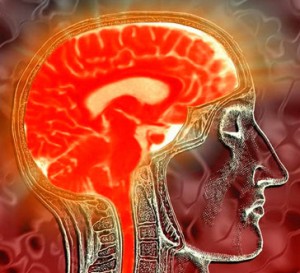 Dream scholar Kelly Bulkeley was recently interviewed by the Boston Globe on the subject of dream studies and its implications for science and religion studies.
Dream scholar Kelly Bulkeley was recently interviewed by the Boston Globe on the subject of dream studies and its implications for science and religion studies.
Bulkeley is an unique scholar who is trained in religion studies but often integrates modern neuroscientific findings and anthropological evidence to anchor his findings. Bulkeley’s interviewer is Jonah Lehrer, the author of Proust Was a Neuroscientist.
Here’s a taste:
LEHRER: You argue that modern science can learn about dreaming from religion. Do you have a favorite example that you use when talking to scientists?
BULKELEY: Well, consider this particular kind of nightmare dream that recurs again and again in religious texts. In the Christian tradition they talk about the incubus, or the demons of the night. In Newfoundland, it’s the old hag and so on. But what all these various religions agree on is that there’s a type of nightmare that’s very intense and involves the constriction of breathing or paralysis. Now we know, thanks to modern science, that this is a real class of dream called night terrors and they”re very different from ordinary nightmares. So all these texts that talk about night terrors, they”re actually describing a real element of human experience.
I”m fascinated by this, and all the other ancient documents we have laying around that are filled with real, first-hand experiences of verifiable altered states of consciousness. Often these experiences are considered to be hyperbole, or simply made up stories. But as cognitive anthropologist David Lewis-Williams is fond of saying, humans can’t refrain from dreaming.
Dreams and vision states are simply part of our collective story.